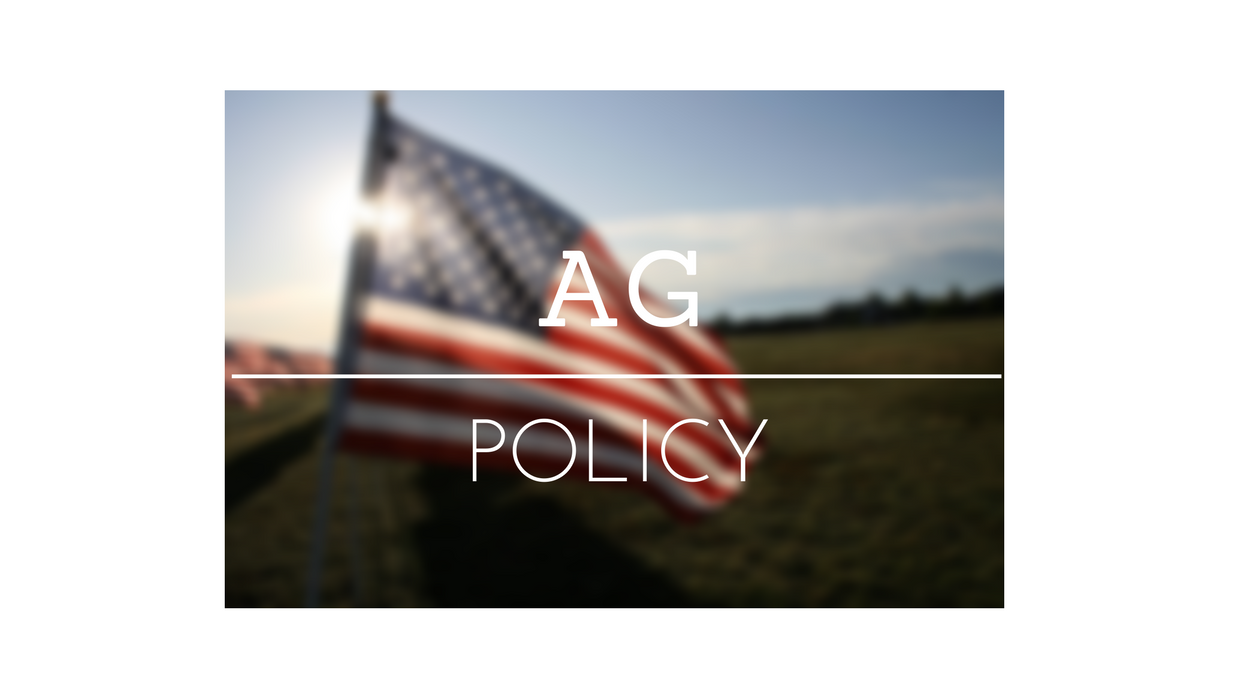On Sept. 7 the National Cattlemen’s Beef Association urged the Senate Committee on Environment and Public Works to approve the Livestock Regulatory Protection Act.
“American cattle producers’ commitment to reducing their environmental footprint while simultaneously improving efficiency makes our farms and ranches the most sustainable in the world. Unfortunately, overregulation and excessive permitting would jeopardize the cattle industry’s progress towards greater sustainability,” said NCBA Chief Counsel Mary-Thomas Hart. “NCBA strongly supports the Livestock Regulatory Protection Act, which protects farmers and ranchers from onerous regulation. We thank Senators John Thune (R-SD), Kyrsten Sinema (D-AZ), John Boozman (R-AR), and Mark Kelly (D-AZ) for their sponsorship and we urge all senators to support this bill.”
The Livestock Regulatory Protection Act aims to prevent the Environmental Protection Agency from issuing Clean Air Act Title V permits for emissions like carbon dioxide, nitrogen oxide, water vapor, or methane that result from livestock production.
These emissions are naturally occurring due to cattle’s biological functions and cattle producers continue to employ innovative practices to mitigate the impact of these emissions on the environment. Overall, emissions from cattle production represent only a very small portion of total U.S. greenhouse gas emissions. For example, methane emissions from cattle account for just 2% of total U.S. emissions.
“SDCA thanks Senators Thune and Sinema for working to prevent the EPA from requiring unnecessary air quality permits for livestock producers,” said Eric Jennings, president of South Dakota Cattlemen’s Association. “America’s beef producers, like consumers and regulators, are focused on continuous improvement in environmental conservation and sustainability. Creating burdensome permitting requirements that aren’t firmly backed by sound science aren’t an effective solution to improving the environment, incentivizing good environmental management is.”
The Senate Committee on Environment and Public Works heard testimony on the legislation. The committee will now need to vote on the bill before sending it to the full Senate for consideration.




